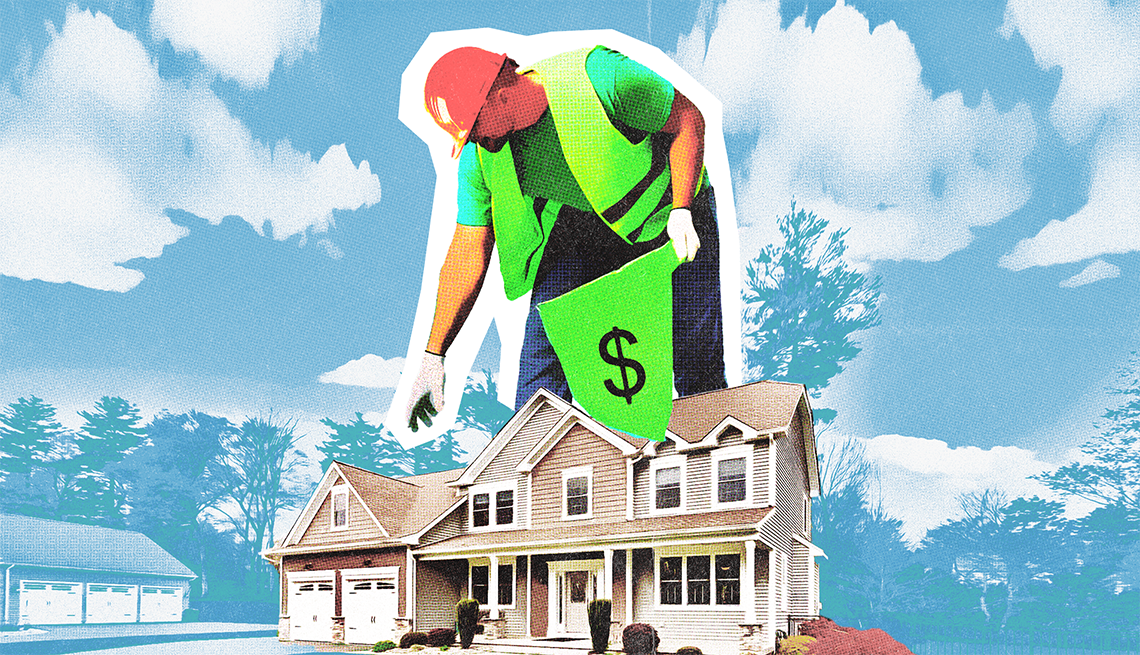AARP Hearing Center


You could swear you paid that last gas and electric bill. But the caller from the power company is adamant that you’re overdue and says if you don’t pay up now, your water, gas or electricity will be cut off within 10 minutes — the last thing you want in the chilly dead of winter (or the long, hot summer, as the case may be). Best not to risk it.
That’s how scammers want you to think, and enough people pay to make utilities a common subject of impostor scams, by far the most common type of fraud reported to the Federal Trade Commission (FTC).


AARP Membership— $12 for your first year when you sign up for Automatic Renewal
Get instant access to members-only products and hundreds of discounts, a free second membership, and a subscription to AARP the Magazine.
“You may be contacted by phone call, text message or in person. But what [utility scams] have in common is that they want to be paid immediately,” says Floyd B. McKissick Jr., who serves on North Carolina’s utilities commission and chairs the National Association of Regulatory Utility Commissioners’ (NARUC) Committee on Consumers and the Public Interest.
Older adults and non-English-speaking customers may be the biggest target of these scams, but millennials and Gen X customers have been victims as well, says Monica Martinez, executive director of Utilities United Against Scams, a consumer education group.
Whatever your demographic, be assured: “A utility company will never call and tell you they are going to shut off service in minutes,” Martinez says.
Though utilities try to stay ahead of the curve and share information about scams with the public, the best way consumers can protect themselves is to be proactive, not reactive, McKissick says. To become an educated consumer, be aware of these nine additional utility scams:
1. Refunds for overpayment
Rather than claiming you owe money, scam callers might say you’ve overpaid, and they’ll ask for bank account or credit card information to make a “refund.” In order to “process” your money, they’ll ask you for a credit card number to get your financial information, Martinez says.
2. Free energy audits
Workers may arrive and offer to give you a free “audit” for energy efficiency in order to gain entry to your house.
3. Offers to lower energy costs
You may get an email or see a social media post with an offer to sign you up for a government program that reduces energy bills or a charity that will help pay bills. Scammers often ask for a small “donation” of $50 as a service charge or to pay the good deed forward, Martinez says. The scammer’s aim is to collect personal information for use in identity theft.































































MORE FROM AARP
6 Top Scams to Watch Out for in 2024
Criminals are supercharging old scams with new technologyHow a Connecticut Woman Lost $165,000 in an FBI Impersonation Scam
Her large cash withdrawals didn’t raise red flags at her bank. She wishes they hadIs That Your Bank Contacting You — or a Scammer?
Criminals pretend to warn you about fraud while trying to steal your money